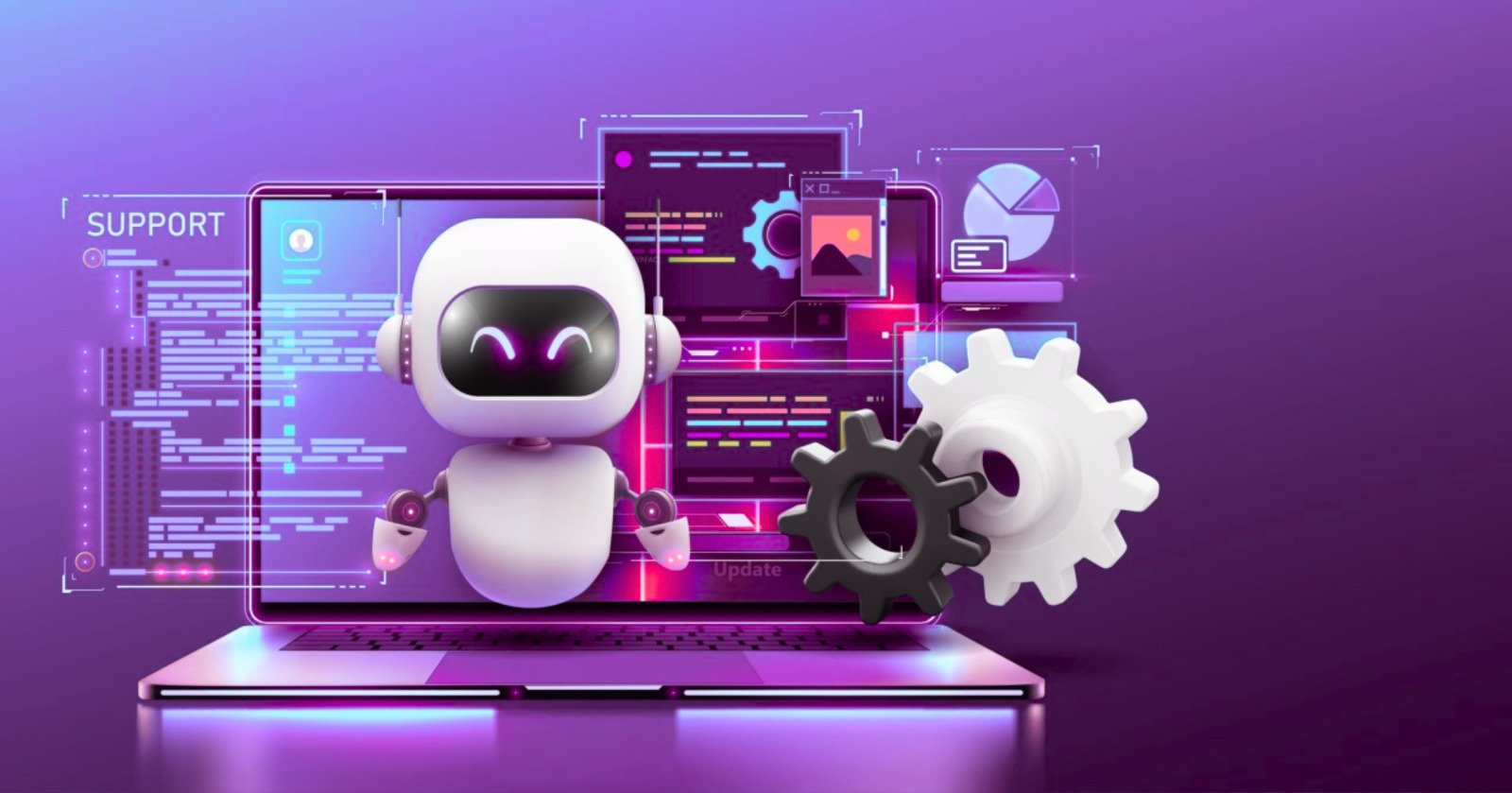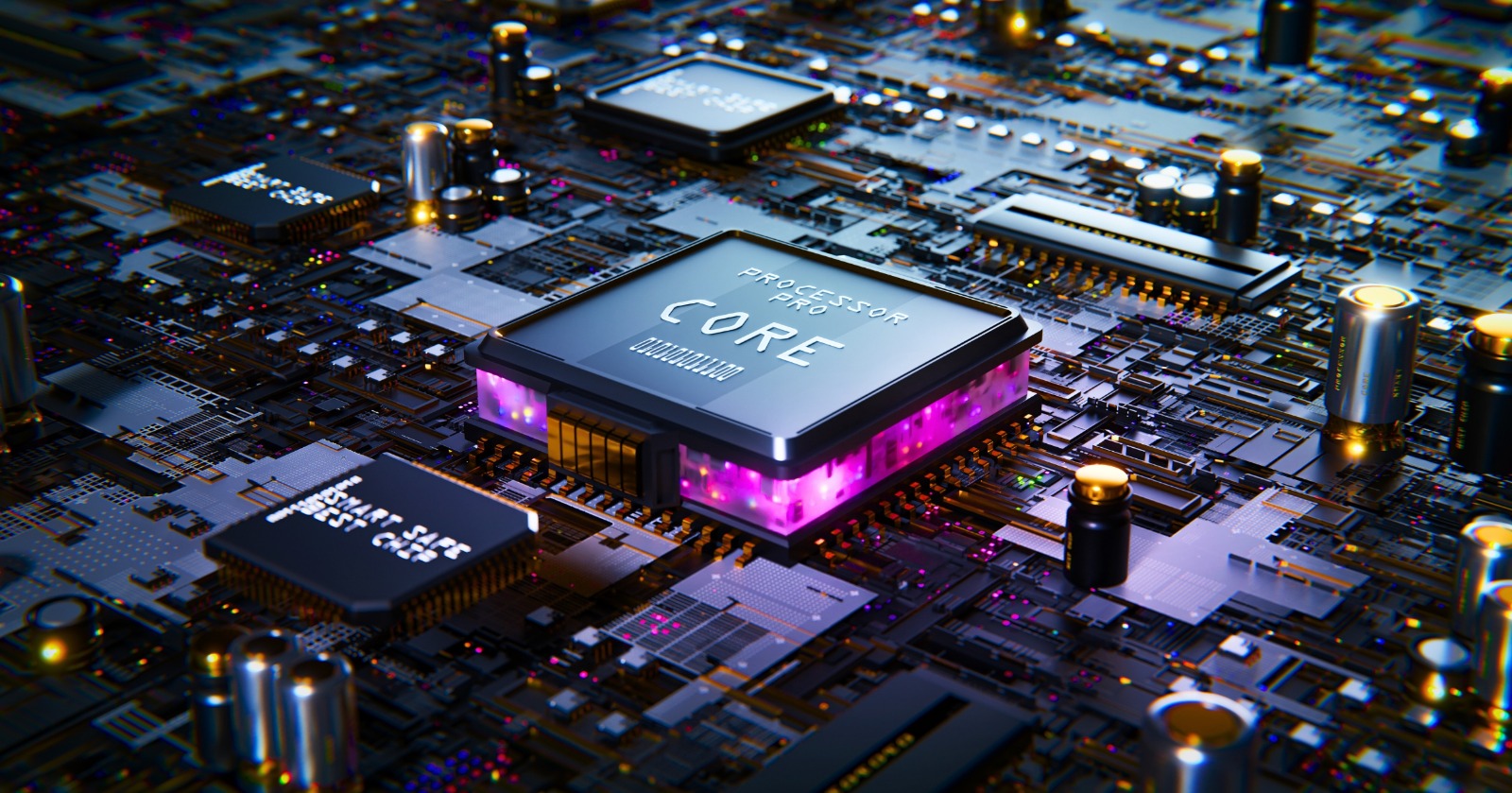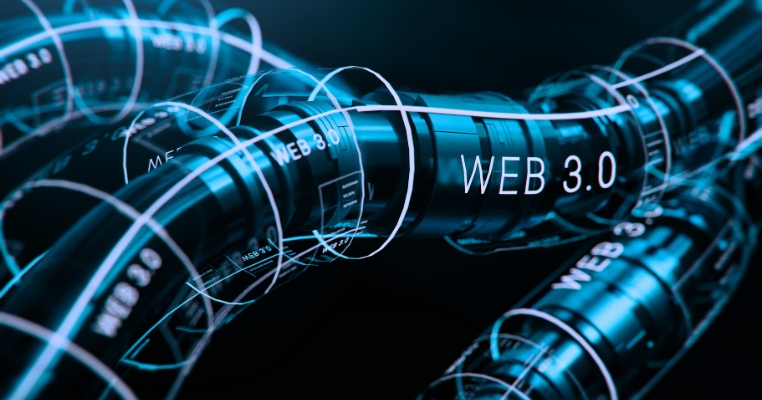Artificial Intelligence (AI) has evolved from a futuristic concept into a transformative force that is reshaping industries worldwide. Businesses across sectors are leveraging AI technologies to enhance operational efficiency, reduce costs, and create better customer experiences. In this guide, we’ll dive into how AI is revolutionizing key industries, providing real-world applications and examples that showcase its growing impact.
1. Healthcare: AI-Powered Diagnostics and Smarter Patient Care
AI is fundamentally changing the healthcare landscape, allowing for faster diagnoses, improved treatment outcomes, and a more personalized approach to patient care.
- AI in diagnostics: Machine learning models are used to analyze medical data, identifying patterns and predicting patient outcomes, which helps healthcare professionals make quicker and more accurate decisions.
- Drug development: AI accelerates the drug discovery process by analyzing large datasets to uncover potential therapies and treatments.
- Telemedicine: AI chatbots and virtual assistants in telemedicine are enhancing remote consultations and symptom tracking, making healthcare more accessible and efficient for patients.
2. Finance: Boosting Security, Risk Management, and Customer Interaction
AI is revolutionizing the finance industry, offering better security, personalized financial services, and more efficient processes.
- Fraud detection: AI is used to analyze transaction patterns and detect anomalies, preventing fraudulent activities and enhancing security in financial operations.
- Robo-advisors: AI-powered platforms offer customized investment advice by analyzing user preferences, risk profiles, and market conditions, making financial planning more accessible.
- Customer service automation: AI-driven chatbots provide customers with instant support, helping financial institutions respond quickly to inquiries and manage services efficiently.
3. Retail: Personalized Shopping Experiences and Smart Inventory Management
In retail, AI is streamlining shopping experiences, optimizing supply chains, and improving customer engagement.
- Personalization: AI algorithms analyze customer behavior and offer personalized product recommendations, increasing customer satisfaction and sales.
- Inventory forecasting: AI predicts demand trends, helping retailers manage stock levels, reduce waste, and ensure product availability.
- Automated checkout: AI-powered checkout systems and virtual assistants are transforming the shopping experience by making it quicker and more efficient.
4. Manufacturing: AI-Driven Automation and Enhanced Productivity
Manufacturing is seeing significant benefits from AI, including smarter automation, predictive maintenance, and improved operational efficiency.
- Robotic automation: AI-enabled robots perform repetitive tasks with high precision, boosting production speed and reducing human error in manufacturing processes.
- Predictive maintenance: AI systems monitor the health of machinery and predict when maintenance is needed, reducing downtime and extending the lifespan of equipment.
5. Transportation: AI in Autonomous Vehicles and Smart Traffic Systems
AI is playing a crucial role in reshaping transportation, enhancing both vehicle autonomy and traffic management.
- Autonomous vehicles: AI-powered self-driving cars use complex algorithms to navigate and make real-time decisions, improving road safety and driving efficiency.
- Smart traffic management: AI analyzes traffic data and optimizes routes in real-time, reducing congestion and improving the overall commuting experience.
6. Agriculture: AI for Sustainable Farming and Crop Optimization
AI is helping farmers make data-driven decisions that improve crop yield, reduce waste, and optimize resource usage in agriculture.
- Precision farming: AI analyzes environmental data, soil conditions, and crop health to guide farming decisions, ensuring maximum productivity with minimal resource consumption.
- Drone monitoring: AI-powered drones gather data on crop conditions, helping farmers identify problems early, such as pest infestations or nutrient deficiencies.
Wrap-Up: The Future of AI Across Industries
AI is not just a buzzword; it’s a powerful tool that is transforming industries by driving efficiency, fostering innovation, and improving customer satisfaction. As AI continues to evolve, businesses that embrace these technologies will be at the forefront of industry innovation, delivering superior services and redefining customer experiences.
By adopting AI, companies in various sectors—such as healthcare, finance, retail, manufacturing, transportation, and agriculture—will stay competitive in the fast-changing landscape, unlocking new growth opportunities and setting new standards for success.
The future of business and industry is undeniably intertwined with AI, and its impact will only continue to expand.




